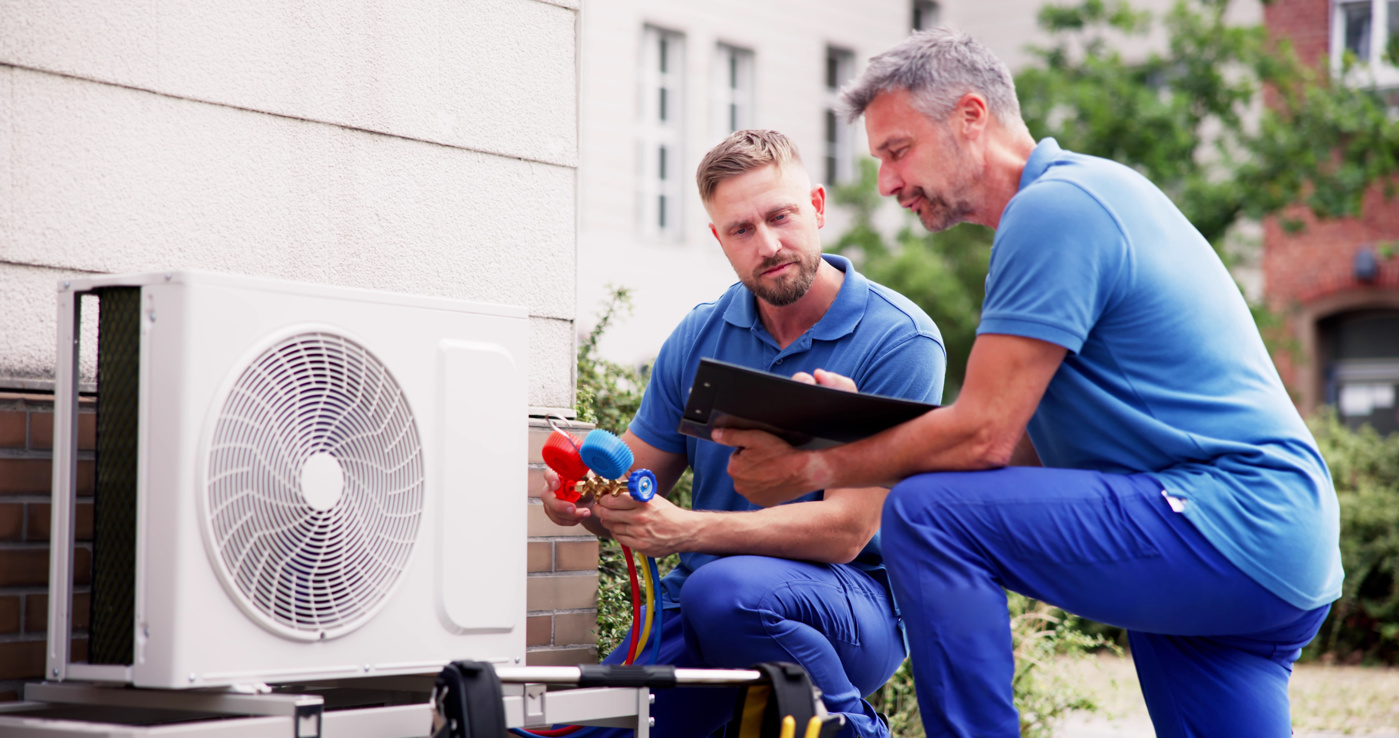What does the day-to-day work of a maintenance specialist with a Federal Diploma of Higher Education look like?
Maintenance specialists work in industrial, commercial or service companies, such as industrial production plants, transport companies, power stations, logistics distribution centers, banks, real estate management companies or hospitals. They are responsible for the maintenance, repair and servicing of technical equipment.
Maintenance specialists monitor, check, measure and evaluate the condition of machines and systems using control plans. They locate weak points using appropriate measuring and testing procedures, then analyze and rectify them. Depending on the situation, they may also call in specialists. They organize, coordinate and monitor these themselves.
In this way, maintenance specialists ensure that the technical equipment has the longest possible service life. They prevent malfunctions, damage or even production interruptions that can be caused by wear and tear, such as corrosion, ageing or overloading. They therefore play a central role from a management perspective, as their preventative work and measures ensure the functionality, availability and quality of machines and systems, thus enabling smooth operation and continuous production and preventing accidents.
Maintenance specialists carry out their work in accordance with the legal, safety-related and technical aspects of the industry and the client. They not only focus on technical aspects, which requires corresponding technical know-how, but also take economic and ecological aspects into account in their decisions and measures. Working hours can be irregular if technical equipment is operated either non-stop or in shifts. If necessary, maintenance specialists can also lead a small team.
The most important activities of maintenance specialists at a glance:
- Support for machines and systems throughout their entire life cycle
- Visual inspection and monitoring of technical equipment
- Measuring, analyzing and evaluating physical quantities
- Checking the operating data
- Locate, analyze, evaluate and rectify weak points and faults in machines and systems
- Ensuring automated processes
- Organization and coordination for the deployment of specialists
- Ensuring the flow of information for the responsible persons, offices and departments
- Ensuring safety for everyone involved (people, materials, environment)

